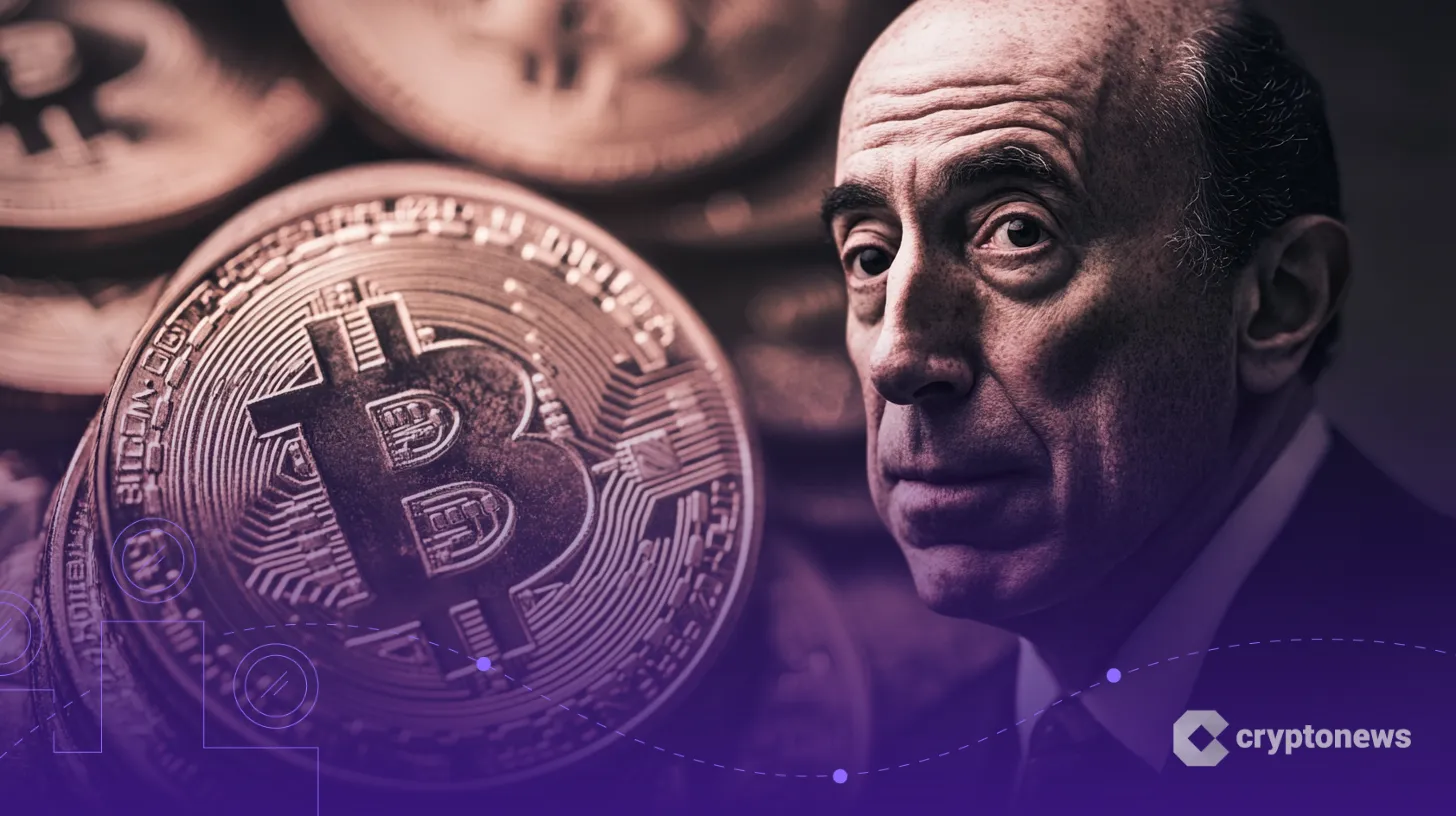Gary Gensler Exposed: Secret Crypto Support, Public Crackdown – McHenry Explains

Key Takeaways:
Gensler’s mixed messages damaged trust in SEC crypto rules. Crackdowns by Gensler stunted U.S. crypto growth while rival nations advanced. The new SEC team now pushes for clearer regulations with industry input.Former House Financial Services Committee Chair Patrick McHenry revealed on May 13 that Gary Gensler privately called crypto “valuable,” while publicly cracking down as SEC chair. Under his leadership, the SEC unleashed over 100 enforcement actions that stalled U.S. innovation.
The Gensler Paradox: Private Crypto Advocate, Public Regulator
The revelation came during McHenry’s interview on the Crypto in America podcast.
“He saw the value of crypto assets,” McHenry stated, a stark contrast to Gensler’s public warnings about investor risks and his aggressive enforcement record.
Political realities shaped this disconnect. According to McHenry, Senate confirmation pressures and Washington politics drove Gensler’s hardline public narrative.
Gary Gensler once inspired hope with his crypto credentials. The MIT blockchain lecturer had even explored token airdrops—expertise that suggested balanced SEC leadership. Instead, his tenure became defined by contradiction.
Behind closed doors, Gensler recognized crypto’s potential, but publicly, his SEC became an enforcement machine, bringing over 100 actions against industry players. This regulatory whiplash left developers confused and institutions wary, with analysts also saying that the gap between his words and actions created damaging uncertainty.
The backlash has been swift since Gensler’s January 2025 return to MIT.
For example, Coinbase CEO Brian Armstrong took the extraordinary step of promising to sever ties with law firms that employed ex-SEC enforcement staff, calling their actions “unlawful overreach.”
Gemini escalated matters further, implementing a controversial hiring freeze on MIT graduates until the university severs ties with its former professor.
Could CFTC Oversight Resolve the Crypto ETF Standoff?
Yet Gensler’s legacy is ironic—his SEC greenlit spot Bitcoin ETFs in 2024, prompting Wall Street’s biggest crypto embrace. The approval, crypto’s biggest regulatory win, came from the chairman who otherwise constrained the industry at every turn.
The agency approved spot Bitcoin ETFs on January 10, 2024, and spot Ether ETFs on July 23, 2024, after confirming both trade on deep, surveillance-shared markets where regulators can detect manipulation.
Bitcoin’s clear commodity status and Ether’s evolving (but navigable) legal framework gave auditors and custodians a workable model.
The SEC still rejected ETFs tied to thinly traded tokens, and enforcement actions uncovered wash-trading schemes and weak custody arrangements that could harm investors.
Pressure from Washington furthered this regulatory divide. Congress voted to overturn SAB121 (which discouraged banks from holding crypto), though a presidential veto kept it intact until Trump’s return in January.
Lawmakers also advanced the FIT21 bill, shifting oversight of major tokens to the CFTC, a move the SEC warned could create dangerous gaps.
By April 2025, the SEC approved Ether ETF options only after issuers proved robust safeguards. Meanwhile, dozens of other crypto-related ETF applications (including Solana and Dogecoin ETFs) remain under review, pending further regulatory clarity.
Can a Crypto Task Force End Regulatory Whiplash?
Less than a week after Gensler’s resignation as SEC chair, Acting Chairman Mark T. Uyeda launched a crypto task force to craft clear, comprehensive regulations for digital assets.
The task force was empowered to use agency expertise and public feedback to establish clear registration pathways, disclosure standards, targeted enforcement, and even roundtable discussions with industry leaders.
On May 12, in what would be the fourth such industry arrangement, SEC chair Paul Atkins doubled down on his commitment to clear crypto regulation during a roundtable session titled “Tokenization: Moving Assets Onchain: Where TradFi and DeFi Meet.”
The event featured panelists Johann Kerbrat (Robinhood Crypto), Cynthia Lo Bessette (Fidelity Digital Asset Management), and Johnny Reinsch (Token Asset Coalition).
Atkins vowed to establish “clear rules of the road for issuance, custody, and trading” of digital assets and to discourage bad actors through defined regulations rather than ad hoc enforcement.
Market participants now expect Congress to push for clearer statutory guidance that aligns technocratic understanding with public messaging, hoping to end whiplash driven by courtesy of political theatre.
Frequently Asked Questions (FAQs)
Beyond legal costs, regulatory uncertainty slashed U.S. crypto venture funding by 38% during his tenure, while Europe and Asia saw growth (PitchBook data).
Major banks quietly favored his tough stance, as it delayed crypto’s mainstream adoption, preserving their dominance in traditional finance.
The post Gary Gensler Exposed: Secret Crypto Support, Public Crackdown – McHenry Explains appeared first on Cryptonews.



